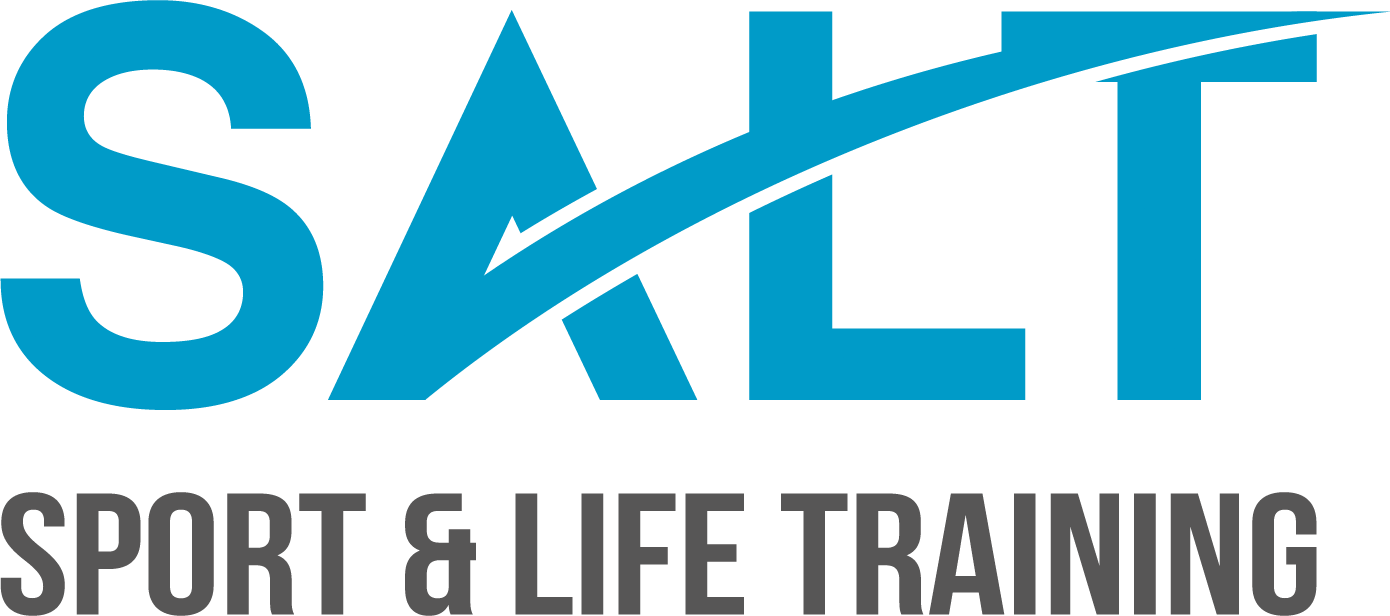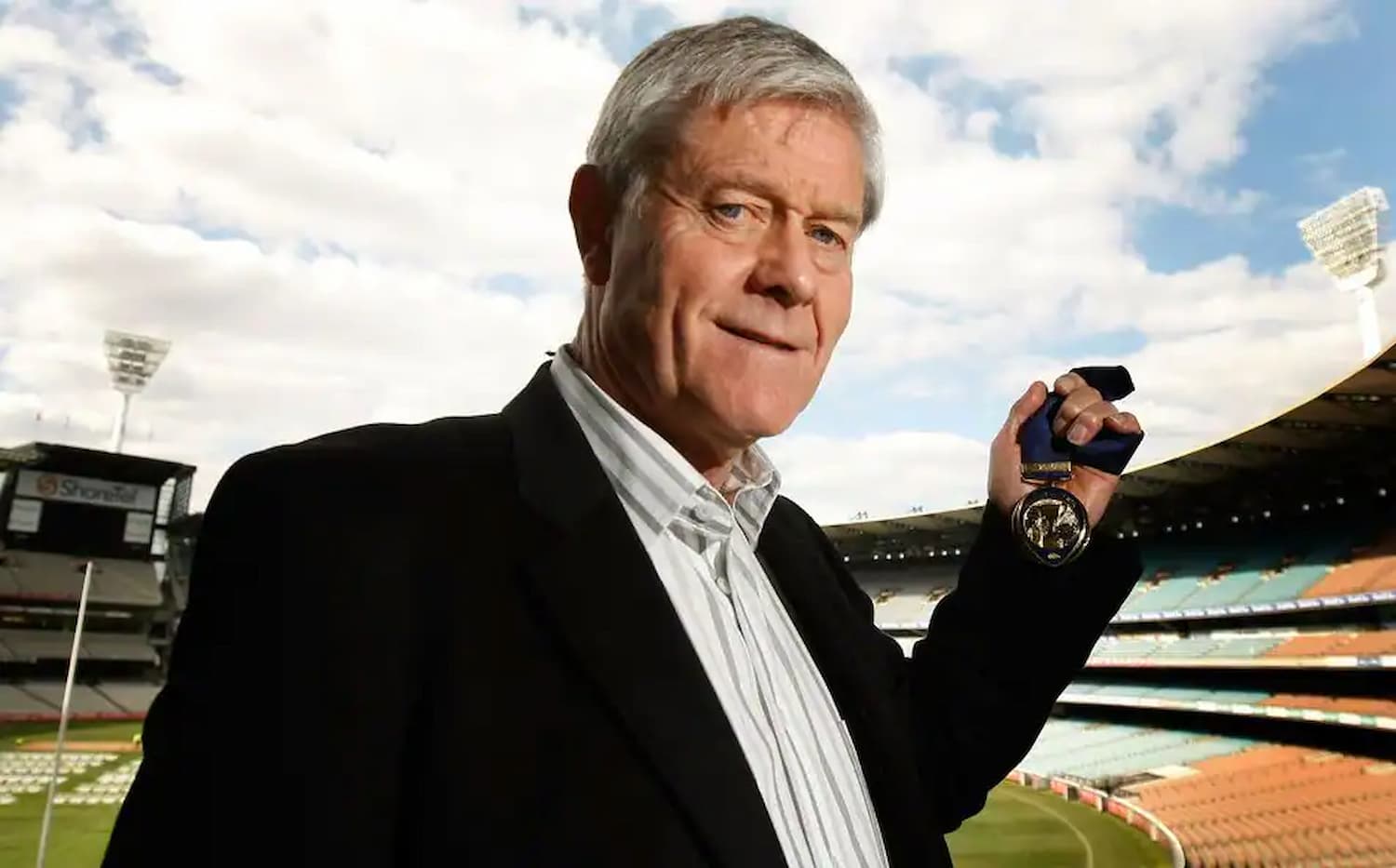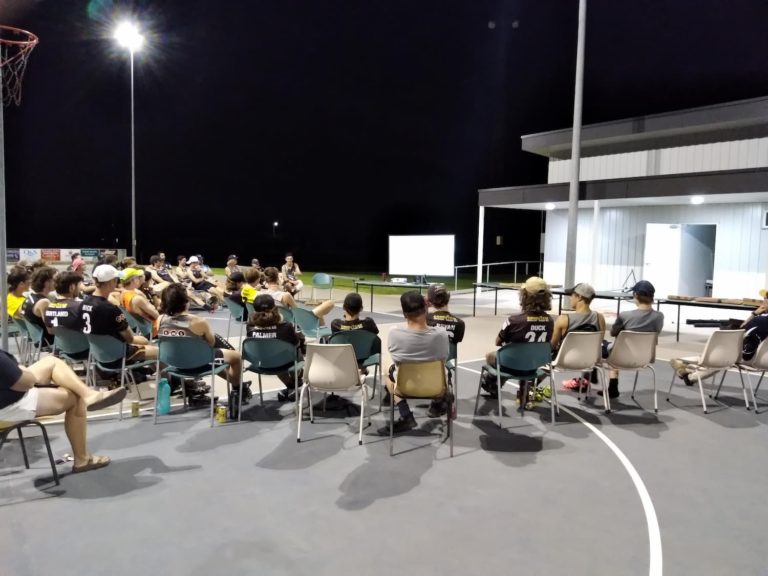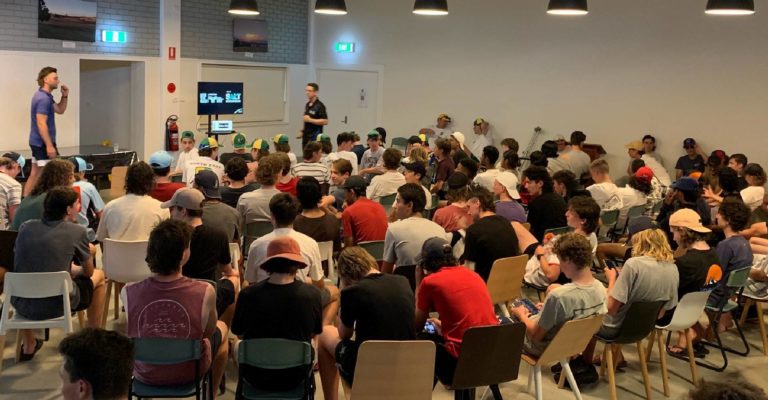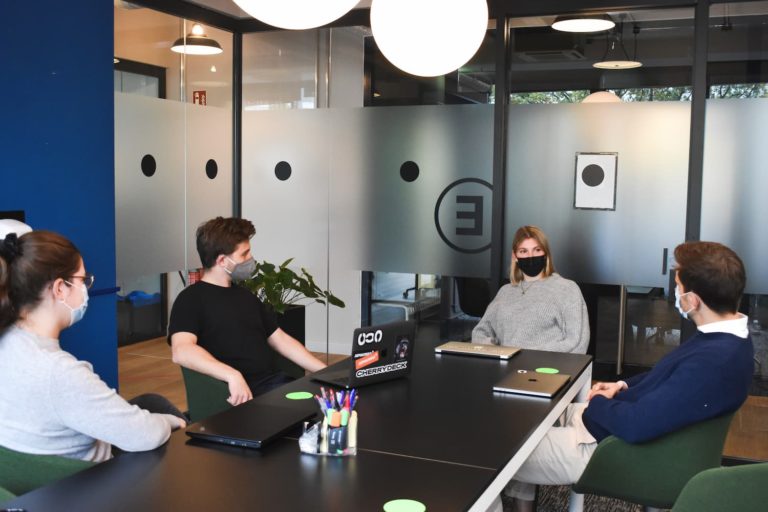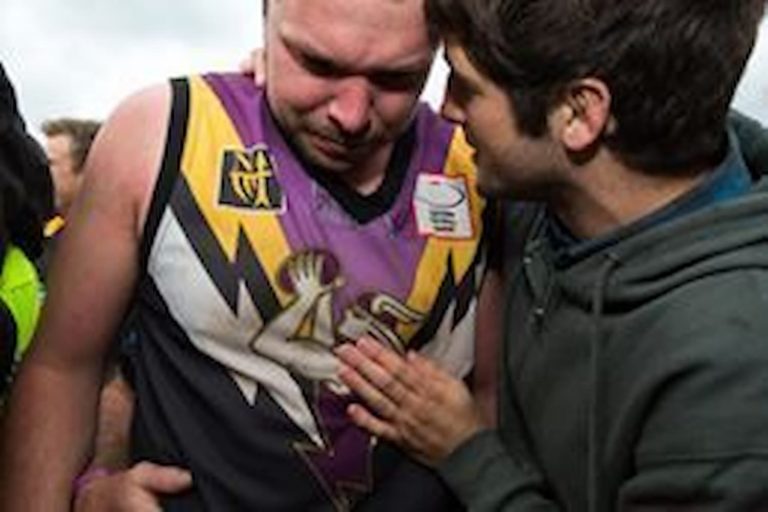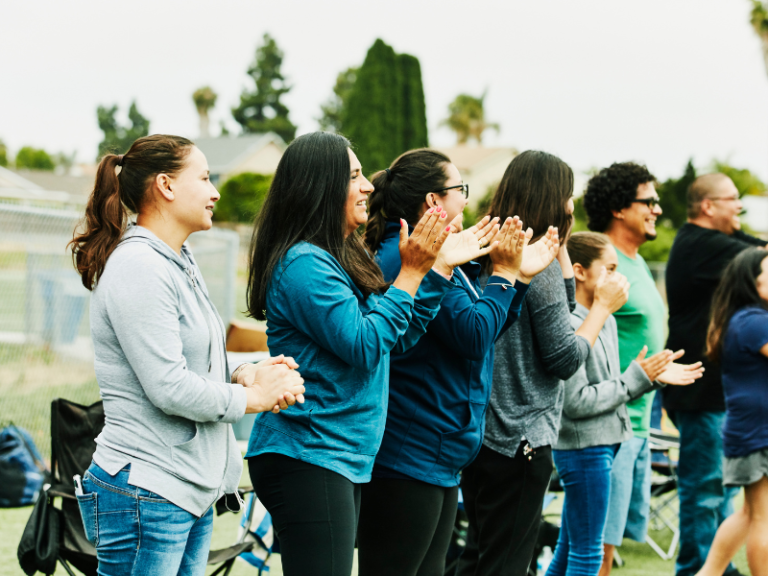With the announcement that the Eastern and Northern Football Leagues are cancelling their 2020 seasons for all but junior levels, there are a range of costs that will fall out of this, including a cost to emotional wellbeing.
David Parkin is someone who has seen football from all angles – player, coach, commentator – and he has always been passionate, not just about on-field results, but also about off-field life balance and spiritual wellness for players.
His commitment to the mental health area of sport has seen him take up the role of Patron of SALT – Sport and Life Training – a not-for-profit organisation that addresses the issues of drug and alcohol abuse and mental wellbeing within clubs, utilising the strength and support that is provided by local clubs and the teams within them. And SALT is seeing first-hand the result the COVID-19 lockdown has had on football players at all levels.
David says that some grass roots football players already struggle with separating their self-worth from their sporting abilities and reputations and with their opportunity for on-field glory taken off them this season, it will be a hard thing to come to terms with on top of all the pressures that COVID-19 has brought on people’s professional and personal life.
“Building mentally healthy players by separating their worth into distinct on-field and off-field areas is the difficult job of the coach. But coaches have a hugely complex role. Not only are they training young people on the skills needed for the game but they are also trying to build a cohesive team as well as attempting to ensure that there is a life balance element in the messages they send. They need to convey that they care about the players as human beings beyond their capacity to perform on the field. They should demonstrate their concern for them as people not just weapons wielded for a grand final win.”
David is worried that the period of lockdown with the additional pressures such as loss of income, home schooling young children, worry for family and friends will have led to increases in drug and alcohol abuse and domestic violence.
“The lockdown has meant that community footballers have lost the support of their club and teams and the impact of that shouldn’t be underestimated”, David says. “SALT have recognised this and have rolled out a series of online “Wellbeing” sessions, aimed at re-building club solidarity as well as unearthing problems team members may be having and providing the tools to help clubs help their members.”
Even without a pandemic, managing the expectations of players and providing them with the mental ability to embrace a life after football is challenging, according to David. “I’ve yet to meet a teenager who really understands the concept of work-life balance, but if clubs commit to these principles, in time, most realise that sport isn’t all there is to life.”
He believes this is particularly important for those athletes who play at higher levels. “Planning for a life after sport should be done from day one during their playing career. Good coaching teams and clubs will assist them to find another interest (part time work, study, apprenticeships or song and dance if you are Shane Crawford) and structure a flexible weekly schedule to ensure this happens.”
“Australians have never gone through something so life-changing in recent history. This abrupt change to life as we know it is going to have enormous repercussions around the mental health of so many people. Sporting clubs in particular are strongly placed to provide the necessary framework and support for their members, and I hope they get the help they need to meet the challenge. Yes, their seasons have been cancelled for many, but I would urge them to double down on their community engagement and if they need help, contact SALT.”

